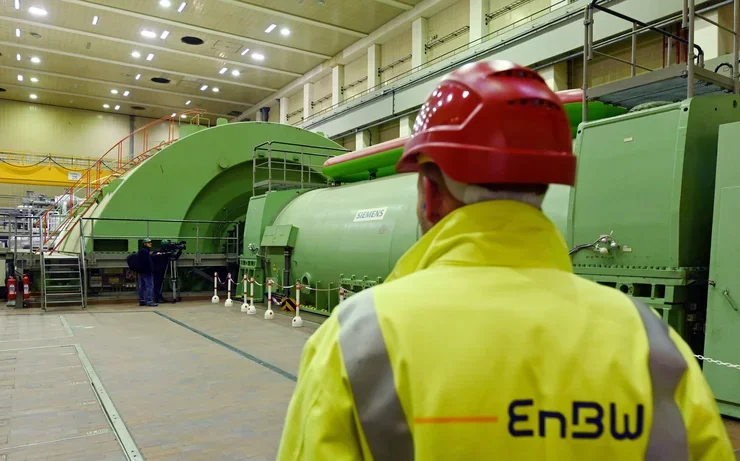Nuclear power station in the German Philippsburg (Baden-württemberg) will be closed in a few days, followed by the closure of the remaining three nuclear power plants ISAR 2, Emsland and Neckarwestheim 2. Germany will fully exit nuclear power by the end of 2022.
Before Christmas, the German Federal government gave clear instructions on the phase-out of nuclear energy amid global warming.
"the Output will be carried out in accordance with the plan," said government spokesman Steffen Seibert (Steffen Seibert).
By 2030, as a replacement for the loss of generating capacity of Germany is planning to increase the share of green electricity in gross electricity consumption from 40 to 65 percent.
unlike coal and gas power plants, nuclear plants do not emit harmful climate-CO2. This fact has caused serious discussion in the circles of environmental activists.
Representative on the economic and energy policy of the parliamentary group of the CDU / CSU, Joachim Pfeiffer, has recently questioned the abandonment of nuclear energy, saying that in the future Germany will have to go back to nuclear energy.
In January of 2019 in Germany has adopted a state programme for phasing out coal generation of electricity until 2038. The Federal government has allocated 40 billion euros for funding energy transition the Federal lands that use lignite and coal in order to generate electricity.
Last mine of coal in Germany were closed in the Ruhr in December 2018. Today it imports coal from other countries, particularly from Russia.




